- 🏡 Vacation homes made up just 5.4% of total U.S. home purchases in 2023.
- 📉 Demand for second homes in 2025 is down 52% compared to pre-pandemic highs.
- 💰 Mortgage interest on a second home may be tax-deductible if IRS conditions are met.
- 🚗 Las Vegas buyers prefer second homes within 6 hours to maximize practical use.
- ⚠️ Short-term rental laws and IRS rules add complexity to turning a vacation home into income.
Buying a vacation home sounds great. Think of mountain mornings, lakeside summers, or desert escapes. But is it right for your life and money? If you live in Las Vegas and think about a second home, there are good points. But they also bring cost, work, and tricky parts. This guide shows the good and bad, and what's real. Then you can decide if a vacation home fits your long-term plan.
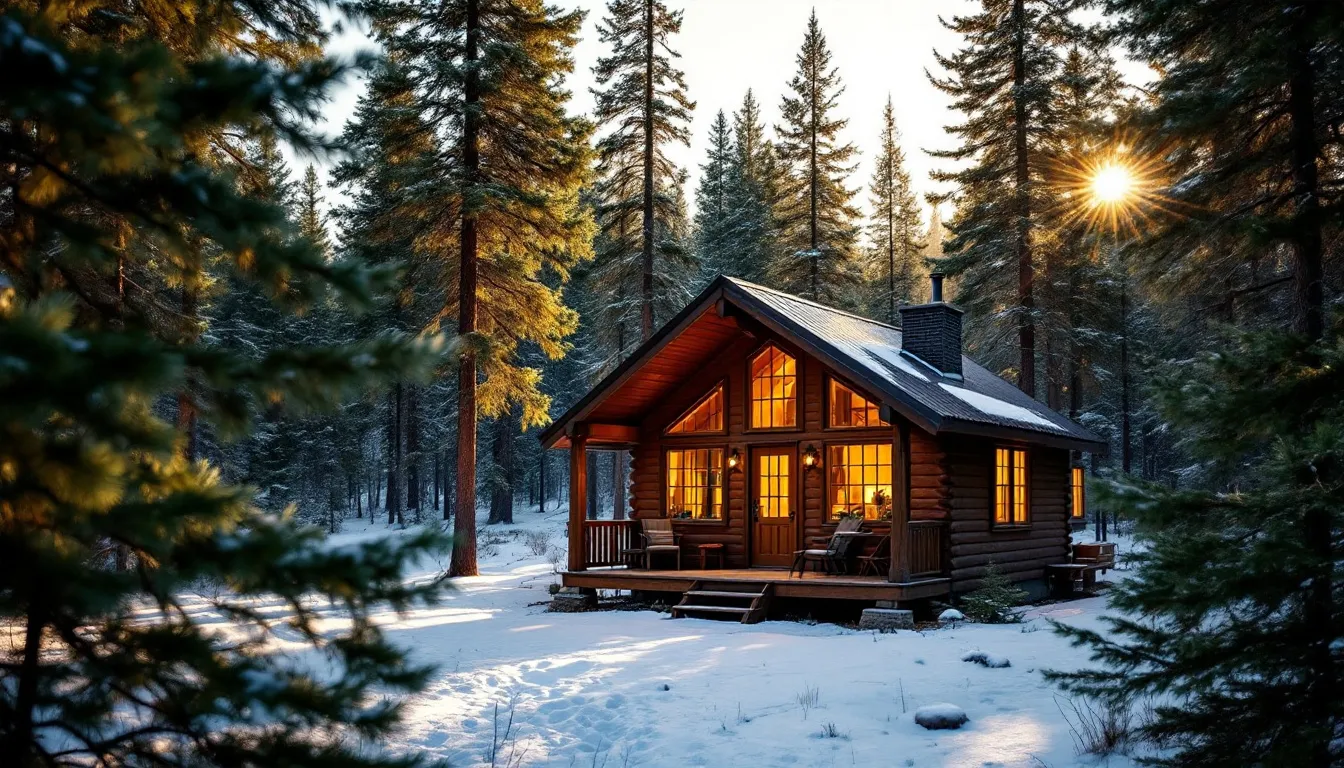
What Is a Vacation Home (And How Is It Different)?
A vacation home is a second home. People use it for fun, living part of the year, or family trips. It is not mainly for making money. It can be like other types of property, but it is different in key ways:
- Primary residence: This is your main home, where you live most of the year, receive mail, pay taxes, and register for voter documentation.
- Investment property: Purchased with profit in mind, either through rental income or future resale. These often require different financing and are subject to different tax rules.
A vacation home can sometimes make money. You can use sites like Airbnb or VRBO. But mainly, it is for you to enjoy. If you plan to make a lot of money from it, lenders and the IRS will likely call it an investment property.
A vacation home is more than just a piece of property. It becomes your own quiet place, a spot for family all year, or even a future retirement home. You need to know how it is seen. This is the first step to see if it fits your money plan.
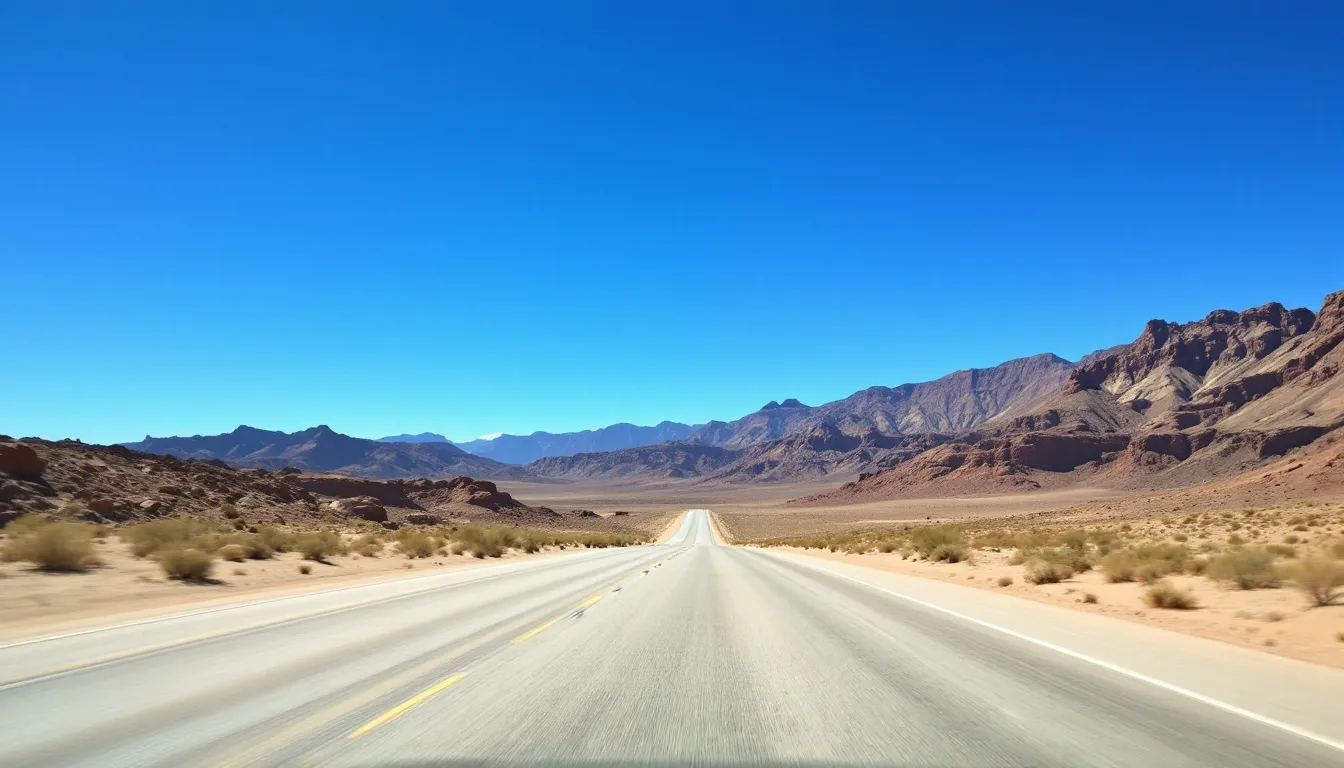
Why Las Vegas Buyers Are Thinking Beyond City Limits
Las Vegas homeowners have more equity now. Property values have gone up for years. Mortgage rates are still higher than they used to be. So, many people are putting money into the life they always wanted. They are not just buying bigger homes nearby. Buying a second home a few hours from Las Vegas gives them a way to get away. And it is handy.
Steve Hawks, a top realtor in Las Vegas, says this trend is real. He notes, "Many of my clients use their home equity to buy a vacation property. It makes their lives better. And it still adds value to their other properties."
Popular vacation locations within driving distance from Las Vegas include:
- Mt. Charleston, NV – A 45-minute drive to pine trees, snow in the winter, and hiking in the summer.
- Brian Head & Zion, UT – Offers skiing, mountain biking, and breathtaking red-rock scenery in a more family-oriented, relaxed setting.
- Lake Havasu, AZ – Water sports, sunshine, and a lively weekend tourism scene appeal to those looking for year-round enjoyment.
- Flagstaff & Sedona, AZ – Cooler spots during the brutal Vegas summers make this a perfect high-country escape.
- Southern California – Beachfront and desert towns provide both luxe and laid-back getaways within a 4- to 6-hour drive.
Many like these places because they can drive there. No plane tickets are needed. Short travel times mean people use their vacation homes a lot more. It also makes it much simpler to plan for upkeep or rentals.
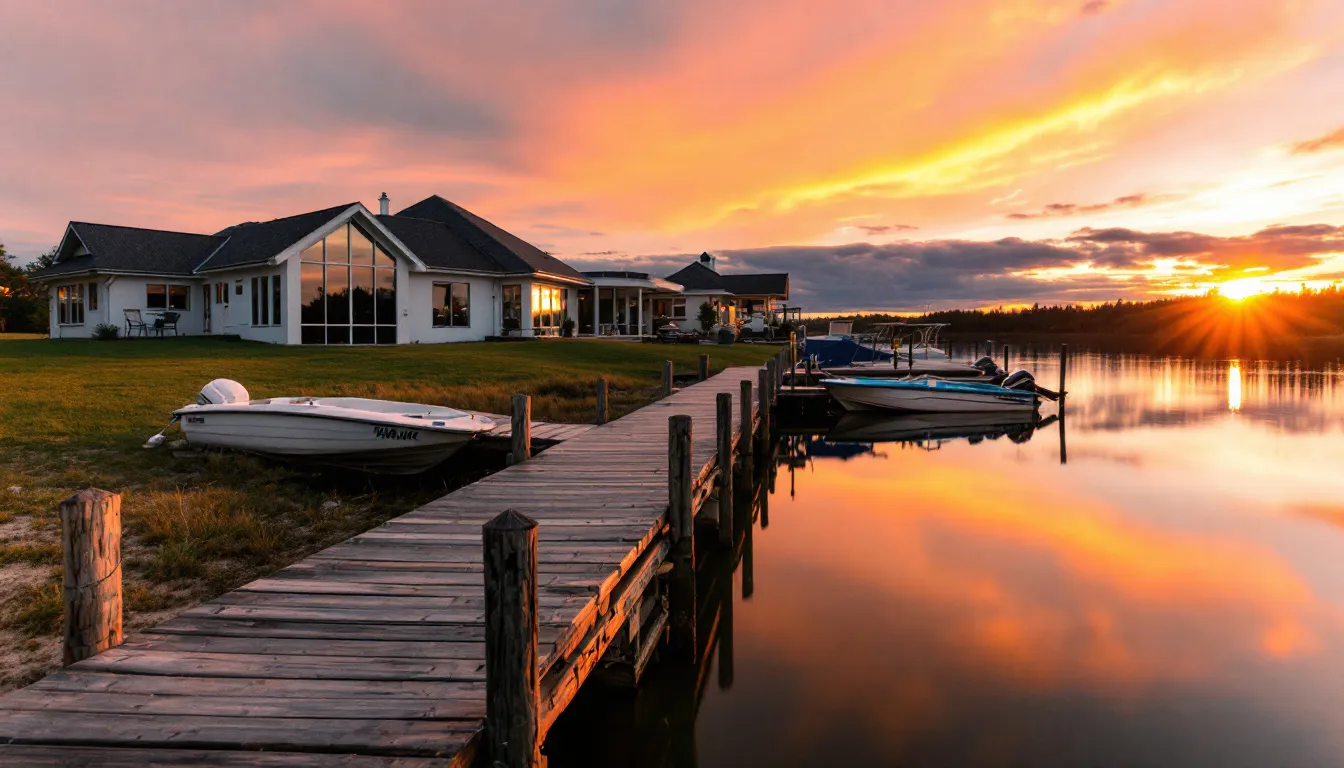
The Perks of Buying a Vacation Home
Owning a second home in a favorite spot can make your life better. It gives you money and good feelings. Here's why people want a vacation home:
1. Better Living
Having your own spot means you can take quick trips, stay longer, and spend time with family. There is no stress of renting or booking. You have your own space, just how you like it.
2. Grows in Value Over Time
In the past, real estate has been a good way to gain value over many years. This is true for vacation towns where there is not much land. No investment is safe from market changes. But second homes in popular spots often keep their worth or go up over time.
3. Possible Tax Savings
The IRS says you might deduct mortgage interest on a second home. This happens if it is your personal home. It cannot be rented out for more than 14 days each year (IRS, 2024). You might also deduct local property taxes, but there are limits.
4. Family Memories
A place where many generations can meet makes memories you cannot replace. A vacation home can be the main spot for family get-togethers, weddings, holidays, and important traditions. These things can pass down through the years.
5. Starting Retirement
Many people get ready for retirement by buying their future home early. They visit it sometimes. Or they rent it out until they are ready to live there all the time.
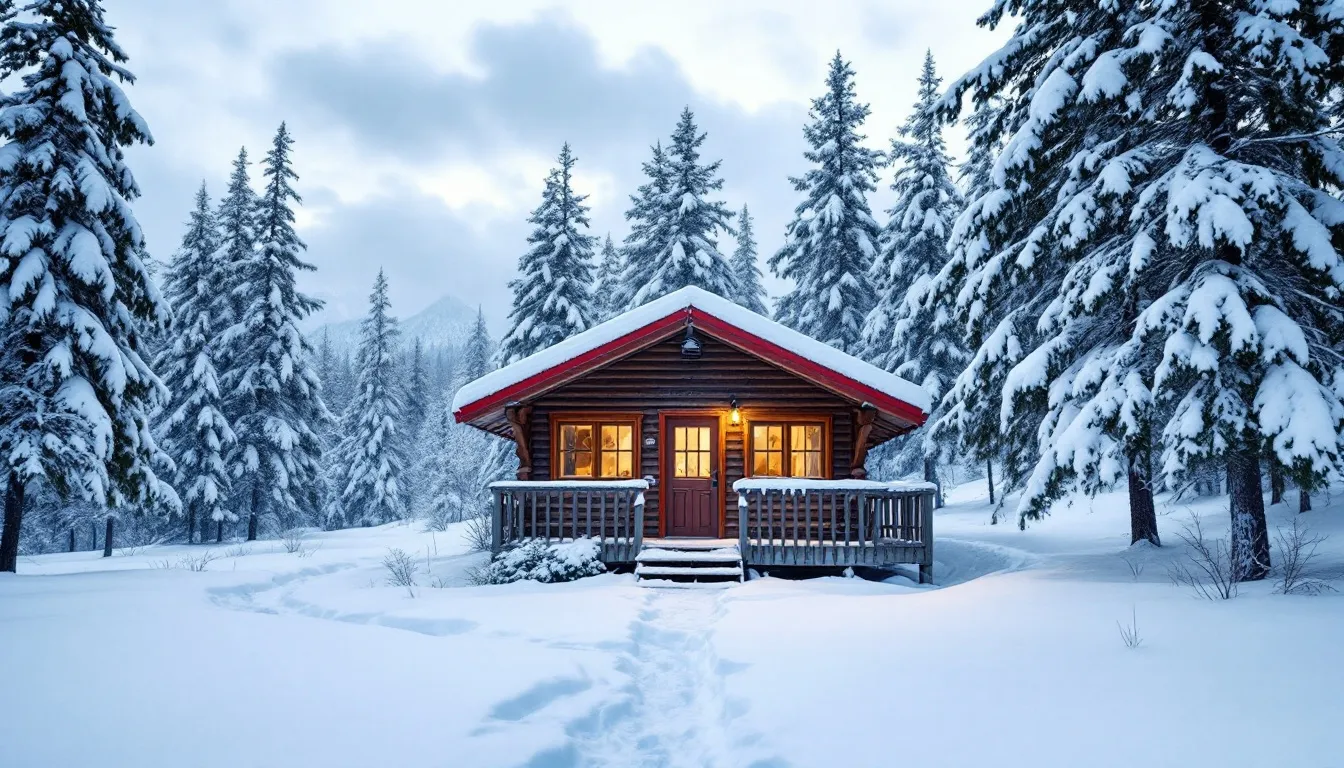
But There Are Downsides Too
The good things are tempting. But vacation homes also bring duties and money facts that you should not forget.
1. Upkeep and Running It
Owning a second home means twice the work. This includes basic care like yard work and seasonal checks. And it means handling power and water, and keeping it safe. These tasks can add up. If you are not close, you might need to hire a company to manage the property.
2. Travel Money
Going back and forth often, by car or plane, can make a vacation home less cost-effective. You need to think about gas, places to stay (if driving far), and how it wears down your car.
3. Always Going to the Same Place
Some homeowners feel they must always go to their second home. They do this to feel like they are getting their money's worth. But this can stop you from seeing other places or going to other social events.
4. Empty Home Problems
Empty homes have risks. Pipes can burst when it's cold. Or someone might break in if the area is quiet. You need to put in smart warning systems. And you should arrange for people to check on the home now and then. This is important.
5. Market Ups and Downs
Vacation home markets can change more quickly than primary home markets. If fewer tourists visit, or if wildfires or hurricanes happen more often, property values could drop faster. This can happen more than in regular neighborhoods.
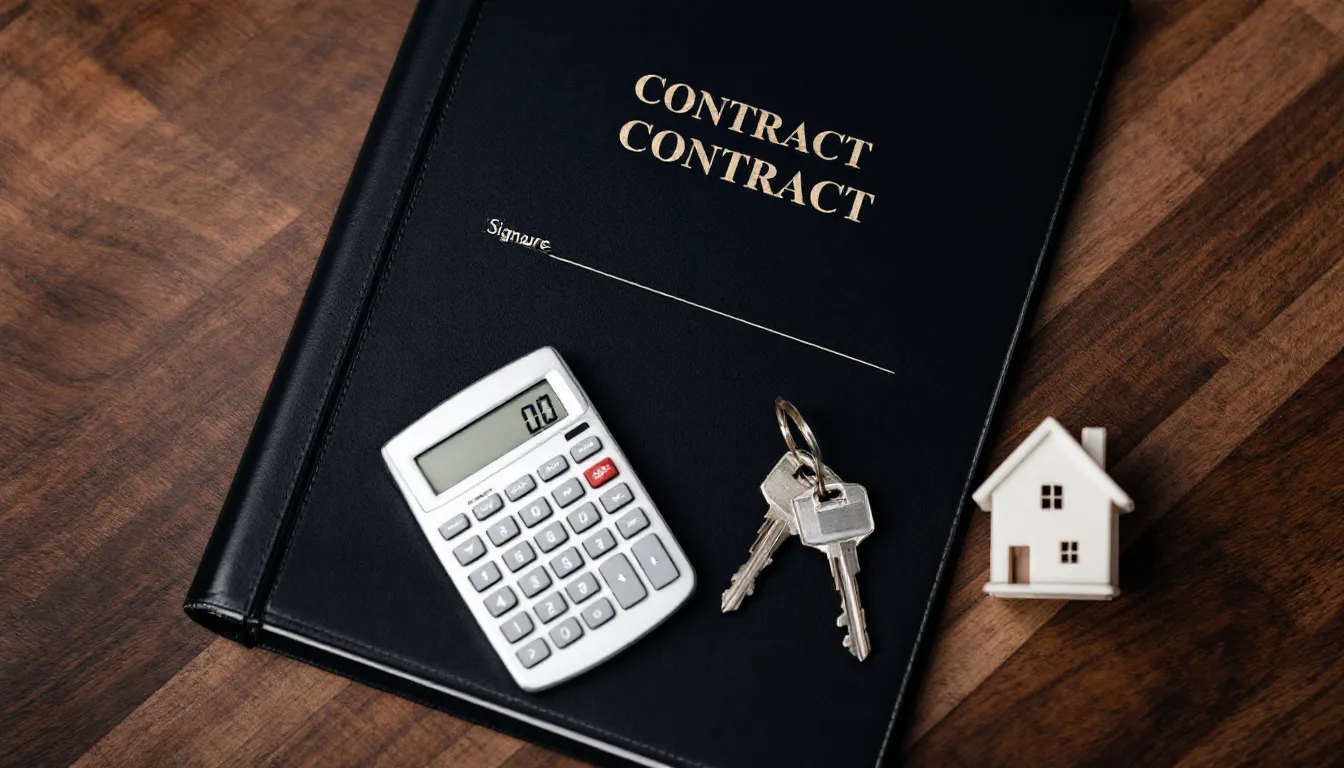
Upfront and Ongoing Costs You Need to Budget For
The real cost of a vacation home is much more than what you pay to buy it. Here is what you need to plan for:
- Down Payment: Lenders often require 10%–25% down for second homes, depending on your credit score, debt-to-income ratio, and whether you’re classifying it as a personal-use or investment property.
- Closing Costs: Appraisals, inspections, insurance, and fees can add up to 2%-5% of the home’s price.
- Insurance Premiums: Vacation zones near water or forests might be subject to higher insurance rates—or even insurance scarcity in some wildfire-prone areas.
- Property Taxes & HOA Fees: Tax rates vary state by state and may increase annually. HOAs often manage community maintenance but can charge hundreds to thousands per year.
- Utilities & Furnishings: Utility bills still arrive whether you're there or not. And you'll likely want to fully furnish the home for comfort—or to maximize rental value.
- Maintenance & Repairs: From pest control and roof upkeep to unexpected plumbing issues, vacation homes require regular attention. Consider budgeting 1%–2% of the home's value annually for upkeep.
- Travel & Transportation: Budget for consistent travel expenses, including fuel, food on the road, tolls, or even paid parking in seasonal towns.
Over the long run, these costs should match how much time you plan to use the home each year.
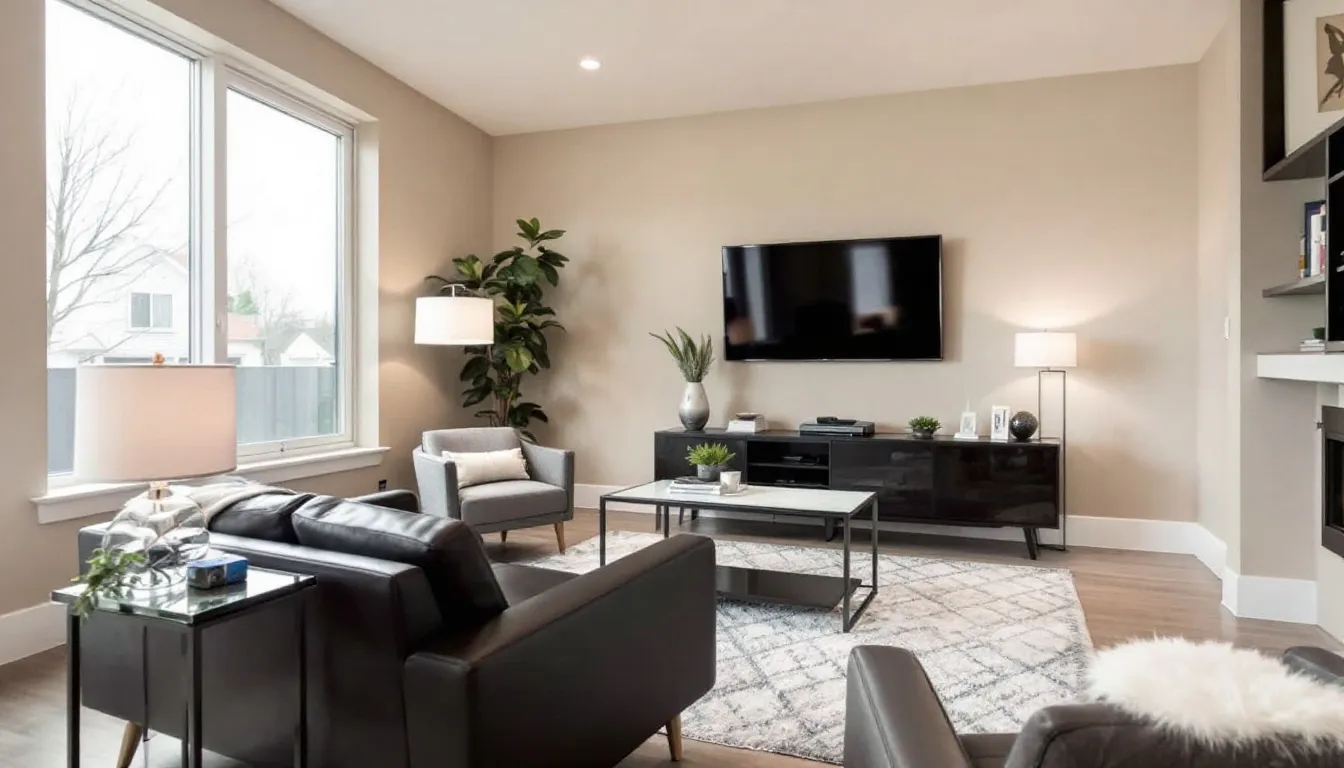
Rental Income & Tax Nuances
Many second-home owners rent out their property when it is busy. This helps them pay for costs. But doing this changes how the IRS sees your home. And it comes with tax effects:
IRS Use Rules
- Under 14 Days of Personal Use (or 10% of rental days): The home is primarily a rental property. You can deduct many expenses related to maintaining and operating the rental.
- More Than 14 Days of Personal Use or 10% of Rental Use: Your deductions may be limited and must be prorated.
- Rented for Fewer Than 15 Days a Year: You can pocket the income tax-free, but you cannot deduct rental expenses.
Local Rules Are Important
Rules for short-term rentals change a lot from one area to another. Some places have strong bans or limits on Airbnb and similar sites. Always ask about city laws and HOA rules. Do this before you think you can make money from renting.

Financing Differences: Second Home vs. Investment Property
Mortgage lenders look at second homes and investment properties in different ways. This changes your interest rate, how much down payment you need, and if you can get the loan.
- Second Home Loans: Usually require 10%–20% down; interest rates are commonly only 0.25% to 0.5% higher than primary residence rates.
- Investment Property Mortgages: May require 20%–30% down, come with higher interest rates, and are more sensitive to borrower qualifications.
Lenders may also have rules about how far away the home is. For example, your second home usually cannot be within 50 miles of your main home. This is to get the second-home loan. Talk about how you plan to use the home with your lender. They can help you find the right loan.
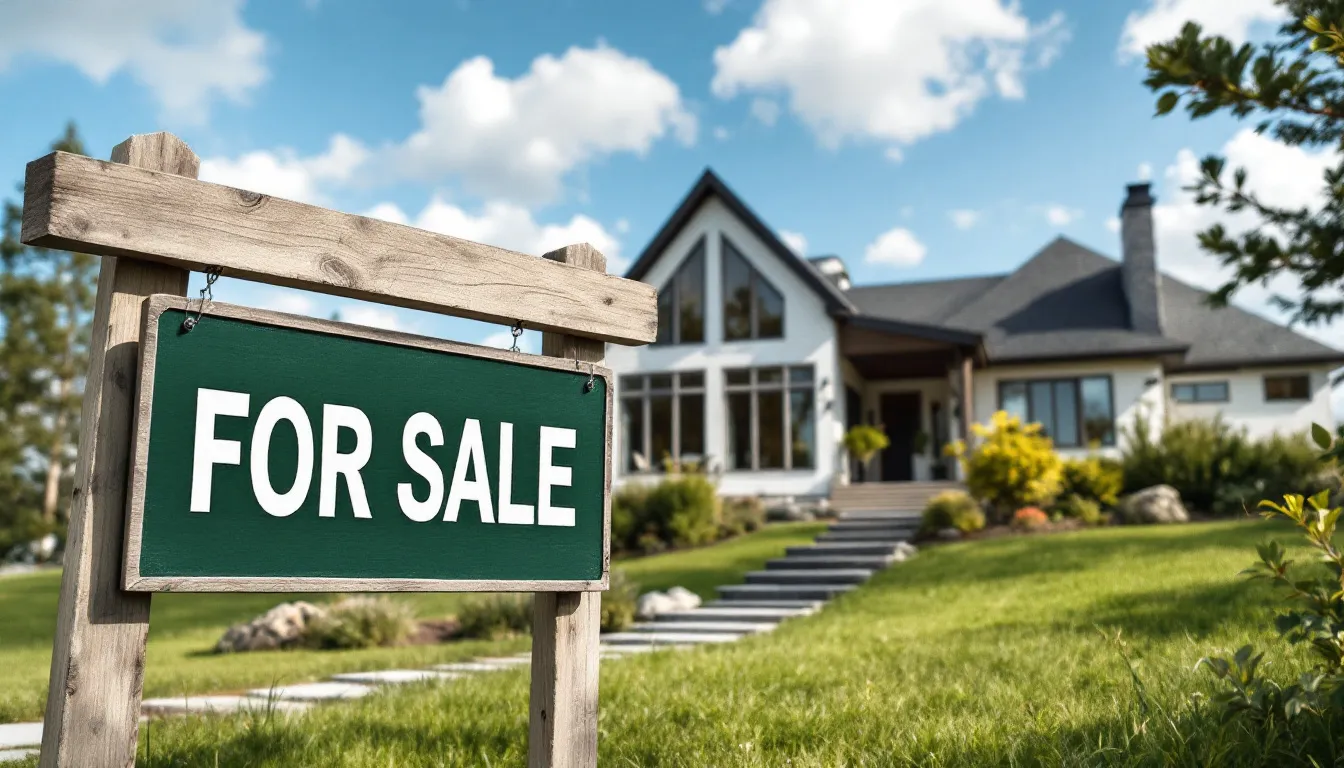
What 2025 Market Data Tells Us
The National Association of Realtors says vacation homes made up 5.4% of home sales in 2023 (NAR, 2023). This is much lower than the big increase in 2020–2021. Back then, remote work made secondary-home sales jump.
Demand for second homes in 2025 is down 52% from before the pandemic. This is because mortgage rates are higher and loans are harder to get. But this drop in competition could mean buyers can negotiate more. And they might find more homes to choose from.
Simply put: the market is more even today. This means it could be great for buyers who plan to own for a long time.
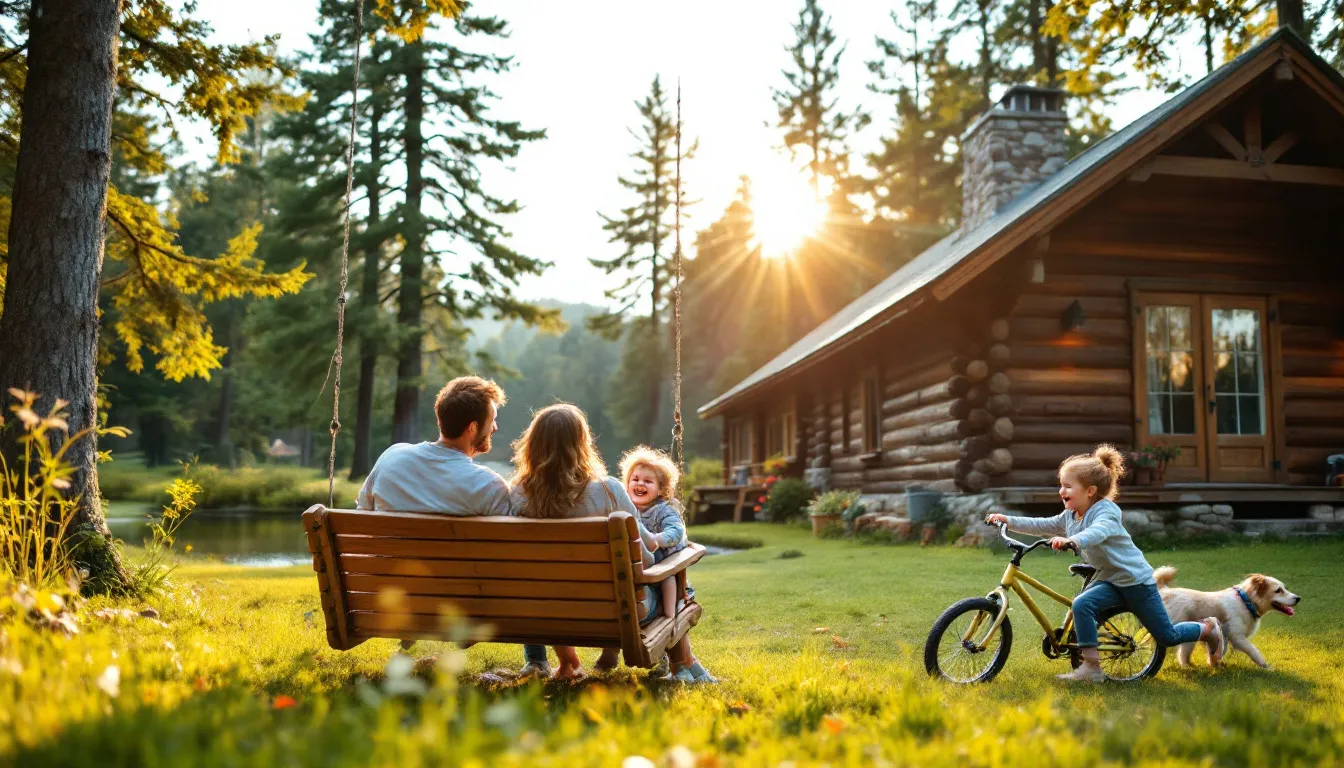
Who Should (and Shouldn’t) Buy a Vacation Home
Who Should Buy:
- You always go on vacation to the same place.
- You have steady money and good credit.
- You do not need rental money to pay the bills.
- You are fine with homeowner duties and extra costs.
Not Ready to Buy Yet?
- You are trying too hard to pay for the mortgage or down payment.
- You have debt with high interest or unsteady money.
- You do not know how often you would visit.
- You do not know how to manage a home far away or in another state.
Steve Hawks says it simply: "If renting for three weeks a year costs less than owning for 12 months, then rent."
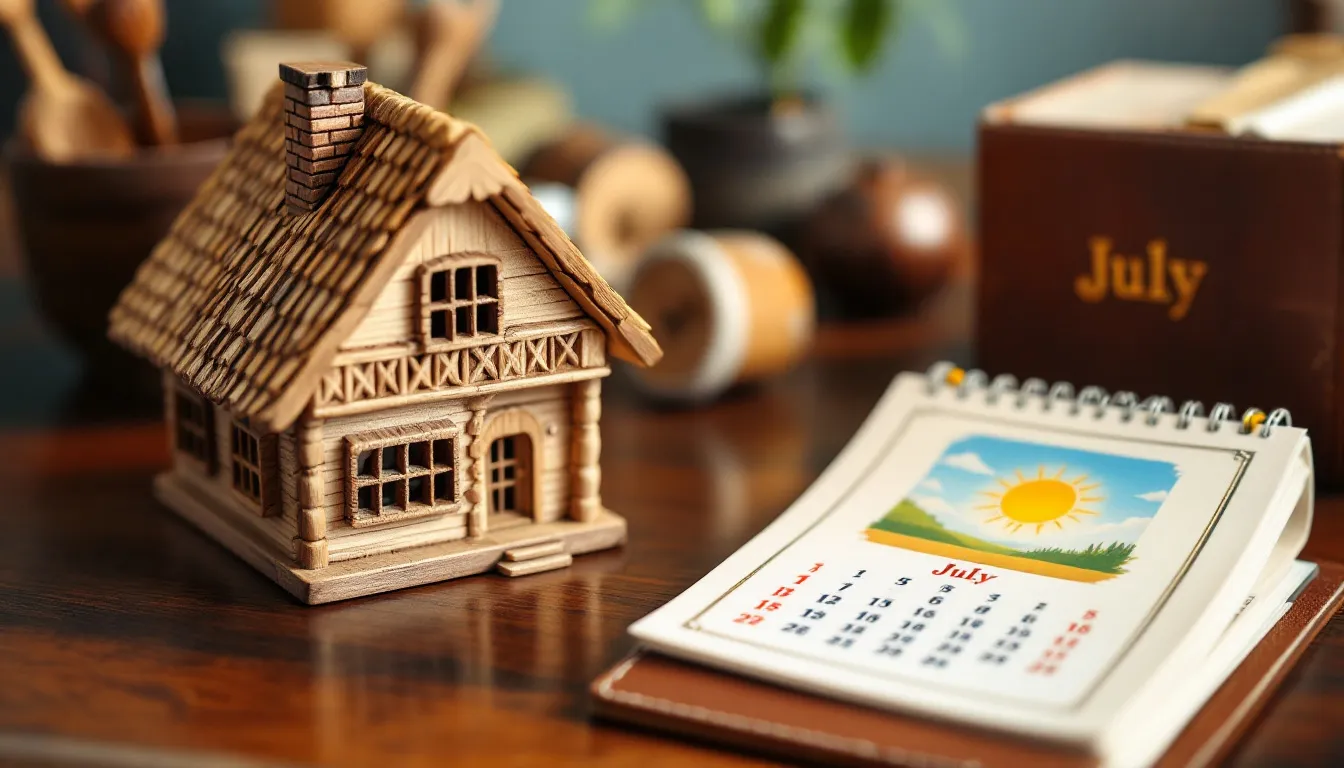
Is Now the Right Time to Buy a Vacation Home?
Mortgage rates went up fast in 2022–2023. But they have stayed flat since then. Sellers in busy vacation areas are more open to deals. And there are more homes for sale. If you plan to use the home for many years, now might be a great time to buy. This is true compared to the bidding wars from just two years ago.
Checklist before taking the leap:
- ✅ Can you afford it without using rental income to break even?
- ✅ Will your family use and enjoy it consistently?
- ✅ Are you committed to owning it for 10+ years?
If you answer yes to all three, you are in a good spot.
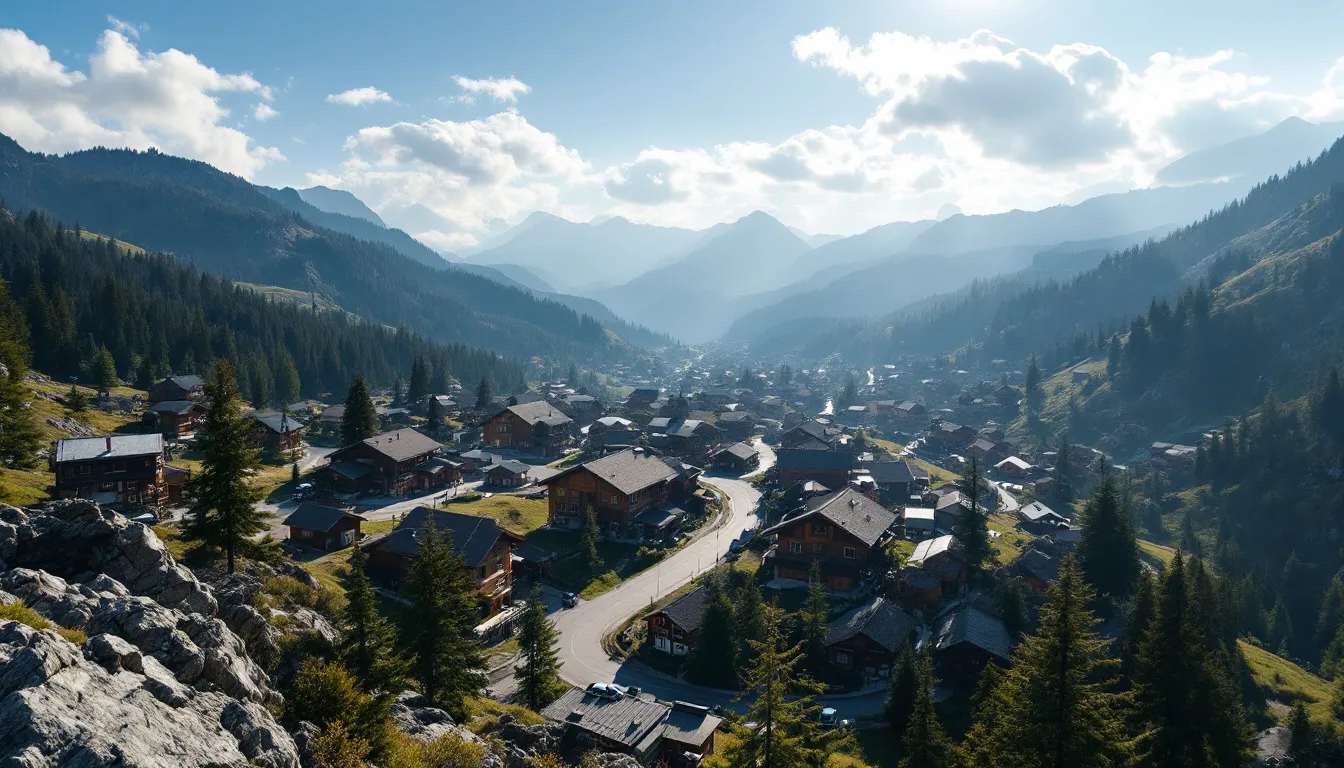
Choosing the Right Location
Buying a second home is about what works for you. For people in Las Vegas, homes within five to six hours give the best return from how much you use them.
Key considerations:
- Accessibility: How easy is the drive? Are there reliable roads in winter?
- Healthcare Access: Is there a nearby hospital or urgent care?
- Weather Conditions: Do summer temps spike dangerously? Will snowstorms make access difficult in the winter?
- Rental Demand: If you plan to rent, is there seasonal demand and legality?
- Community Features: Golf courses, ski lifts, lakes, or trails can make the home better to use. And they can add to its value.
Local favorites are Mt. Charleston, Duck Creek Village (UT), Lake Arrowhead (CA), and Flagstaff (AZ). All these places offer different things each season. And they are close enough for road trips.

What If You Want to Sell Down the Road?
You should have a plan for selling your vacation home later:
- Resale Value: Pick good spots where tourism is steady or growing.
- Possible Rental Money: Even if not now, renting it out part-time later can make it more appealing to buyers.
- Becoming a Retirement Home: Many buyers move into their vacation property full-time for retirement.
- 1031 Exchange: If you make money and the law sees it as an investment property, you might put off capital gains taxes. You can do this by using a 1031 exchange to buy another property.

Real Stories from Local Buyers
A Las Vegas family bought a cabin in Brian Head for less than $300,000 before the pandemic. Just a few years later, its value went up. Now they rent the property on winter weekends. This covers more than their upkeep costs. Their long-term aim? Retire there in 15 years.
Another buyer got a Lake Havasu condo for weekend trips. It was so liked in the summer. So, they are now looking for a second unit. This is to get more rental days. What started as a dream trip became a way to make money without much work.
Final Takeaways
A vacation home gives you good things for your life and your money. But this is only if you buy it with care. Before you decide, ask yourself:
- Does the property match how you like to vacation best?
- Can you truly afford it, regardless of seasonal rental income?
- Have you thoroughly researched the market and local laws?
Steve Hawks often says: "Buy a vacation home for your heart and your money. But make sure both agree before you sign."
Thinking about buying a vacation home? Steve Hawks and his team can help you make smart choices. They know a lot about Nevada and the areas around it. They can help whether you want it for family time, retirement later, or to grow your money. Get in touch today to look at your second-home choices.
Citations:
Internal Revenue Service. (2024). Publication 936: Home Mortgage Interest Deduction. https://www.irs.gov/publications/p936
National Association of Realtors. (2023). 2023 Vacation and Investment Home Buyers Survey. https://www.nar.realtor/research-and-statistics/quick-real-estate-statistics

